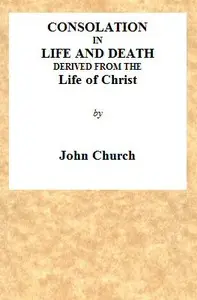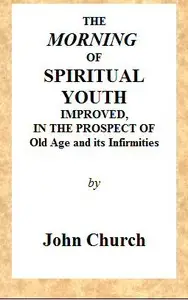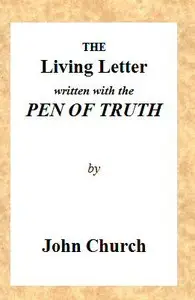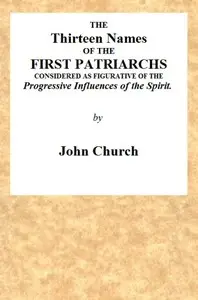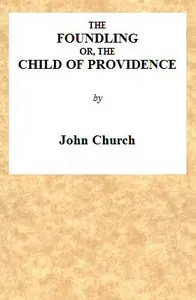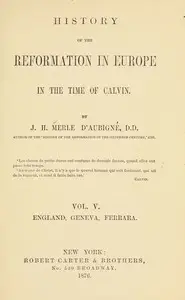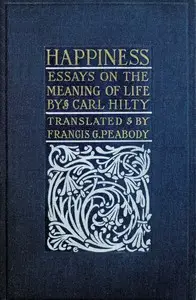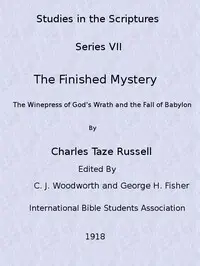"A Confession of Evangelical Principles" by J. Church is a theological treatise written in the early 19th century. This book takes the form of a letter in which the author expresses and defends his evangelical beliefs in response to accusations against him, particularly concerning his adherence to certain doctrines and the divisive nature of his preaching. The book addresses critical aspects of faith, church teachings, and the role of the believer in a doctrinal context." In this work, J. Church outlines his core beliefs and confesses his interpretation of key theological concepts, including election, justification, and the nature of sin. He responds robustly to criticisms alleging that he propagates Antinomian views and creates schisms within the church. Throughout the letter, Church emphasizes the importance of relying on Scripture as the sole authority in matters of faith and describes the core tenets he believes should guide a true Christian life. He firmly asserts the need for God's grace in salvation and the significance of living a life transformed by faith, while addressing the challenges he faces from those who disagree with his teachings. The work serves as both a personal declaration of faith and a broader commentary on the state of evangelical belief during his time. (This is an automatically generated summary.)
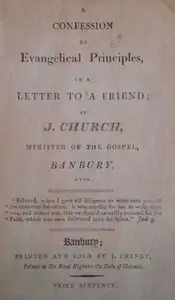
A Confession of Evangelical Principles in a letter to a friend
By J. (John) Church
"A Confession of Evangelical Principles" by J. Church is a theological treatise written in the early 19th century. This book takes the form of a lette...
Genres
Released
2018-12-18
Formats
epub
mobi (images)
epub (images)
mobi
epub3 (images)
Free Download
Overview
About the Author
John Church was an Independent minister who was most famous for his involvement in the homosexual scandal of the Vere Street Coterie. He is claimed by some as the first openly ‘gay’ ordained Christian minister in England. Contemporary rumours about this are unproveable one way or the other, though circumstantial evidence may suggest that his "inordinate affections which led me into error" could be referring to homosexuality.
Total Reviews
10.0k
Total reviews from Goodreads may change

